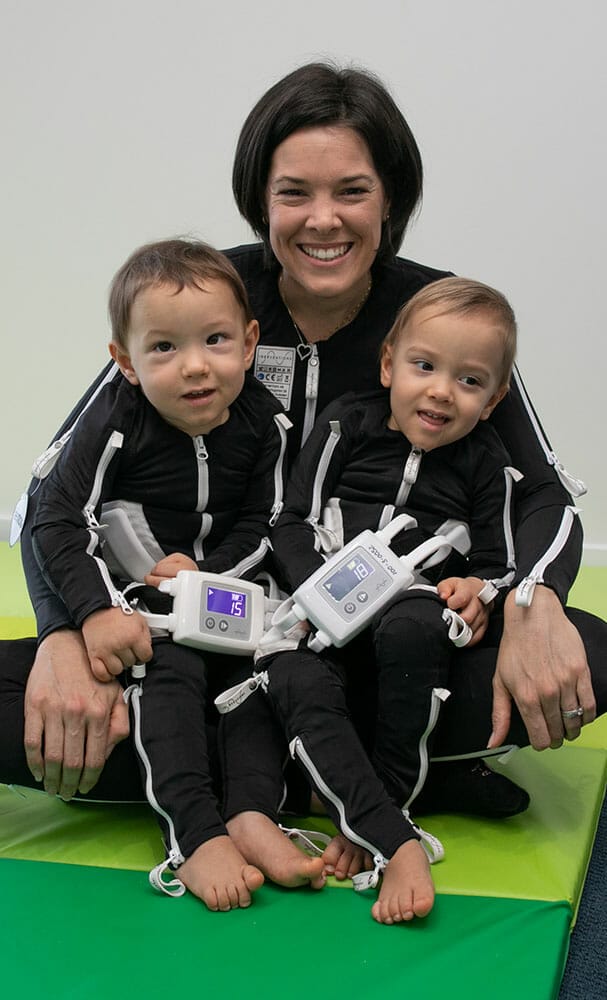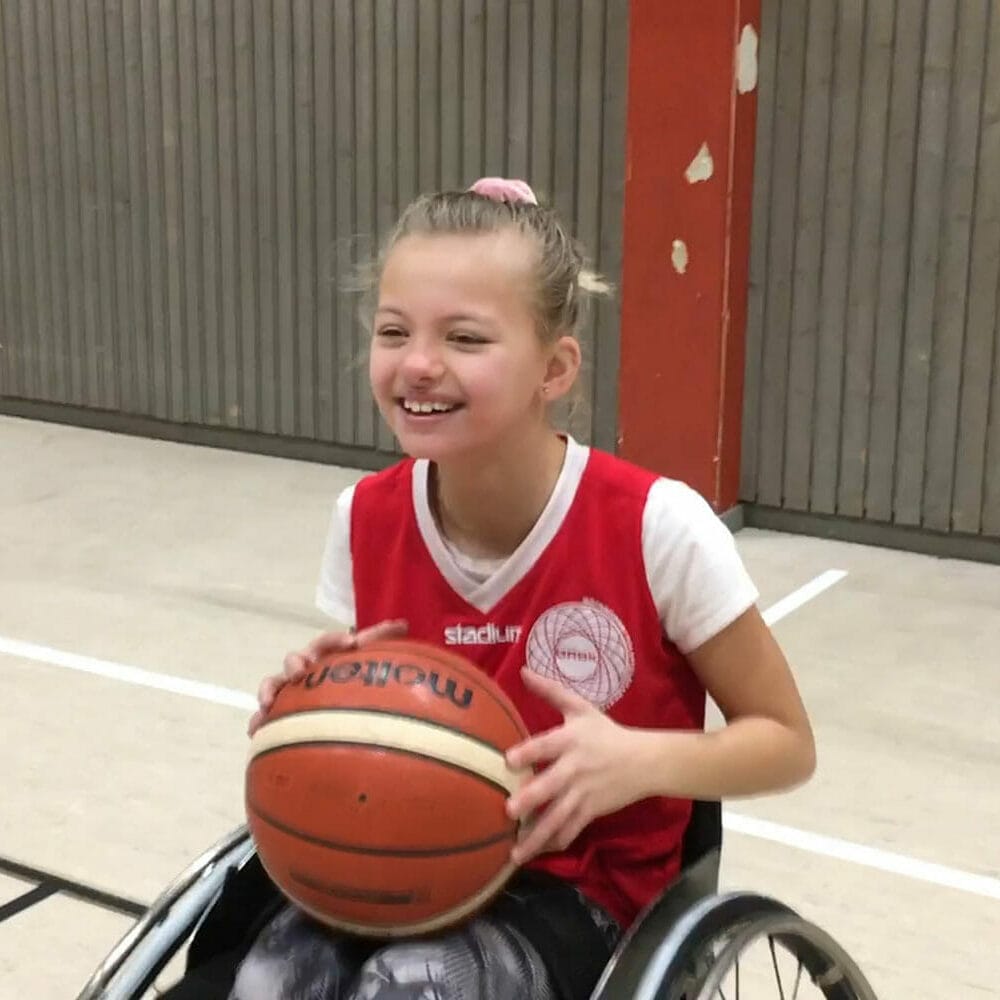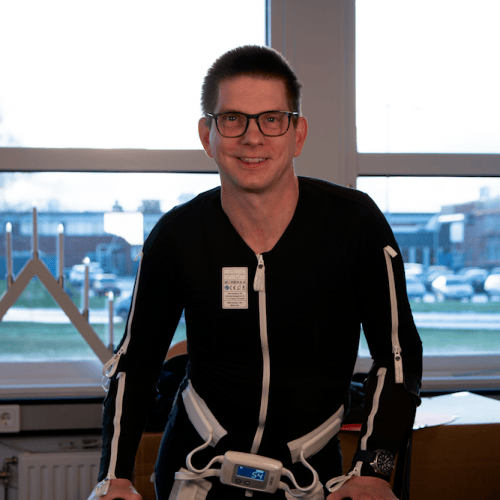
Cerebral Palsy (CP) and Mollii
What is CP?
Cerebral Palsy is the collective name for the disabilities that occur when the immature brain in a child is affected by an injury or developmental disorder. The injury or disorder occurs in a child before or during birth or before reaching the age of two. Often it can be difficult to identify the cause of the CP and it may take time to diagnose fully, even some years.
CP usually leads to some impaired muscle control which varies depending on the extent of the injury, location in the brain and when the injury occurred in the development process. Although Mollii can’t cure the injury, it can help the body overcome its effects.
Read our stories below about how Mollii has helped people with CP.
Common Cerebral Palsy Symptoms
Depending on which part of the brain is damaged and when it occurred, the symptoms will differ. Some degree of impaired muscle control is common to all who suffer from Cerebral Palsy, making it difficult to determine if a new-born baby shows an atypical or unusual pattern of movement.
Here are three common types of CP, but the symptoms may appear very different and a person can have more than one type.
- Spastic CP – The most common form of cerebral palsy is shown by spastic patterns. This means that the pattern of movement can be difficult to control, the reflexes can become overactive/excessive and the strength of the muscles can be unbalanced. Spasticity can also cause severe muscle pain and fatigue.
- Dyskinetic or Dystonic CP – In this case the entire body may be affected by uncontrolled movements. They can be rapid or sometimes slower causing some body parts to become stuck in stiff and distorted positions, or to cause difficulties with talking, swallowing or eating.
- Ataxic CP – This type of CP makes it difficult to keep standing or sitting balance or to coordinate movements effectively. The size and power of the movements can be very difficult to control, affecting both fine/small movements and gross motor functions/larger movements.
The symptoms can be anything from barely noticeable to more extensive. The damage to the brain cannot be cured, but while the brain grows and develops, the consequences can change and the nervous system can adapt. With the right treatment, training and support, there are great opportunities to relieve the problems which Mollii can help.
Mollii Stories
See how Mollii has helped these people with CP
Request an assessment
General enquiries



